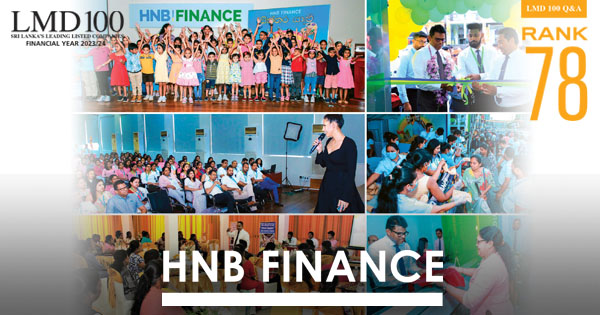SECOND BOARD Q&A
ELPITIYA PLANTATIONS
Q: What are your company’s achievements in 2022?
Dr. Rohan Fernando (RF): Elpitiya Plantations passed its 25th anniversary milestone in August. We like to call it a ‘metamorphosis’ – a journey from rags to riches. In the last financial year, we made the highest ever profit in our history and were among the top three Regional Plantation Companies (RPCs).
We also launched our first retail outlet (Harrow House) this year. Raspberries and blackberries were introduced, in addition to strawberries. Blueberries will be made available in the market in 2023.

Managing Director
Q: What is the role of corporates in Sri Lanka’s economic revival, given the multiple crises the island has faced recently?
Bhathiya Bulumulla (BB): The role of the private sector is to look for not simply any opportunity but sustainable growth opportunities and development, which require unconventional thinking and diversification. This strategy has proven to be the most effective for us, particularly when facing multiple crises.
Larger businesses are able to support SMEs and MSMEs in their relevant industries; and in turn, the entire industry benefits. This is something we strongly believe in, consistently assisting our own suppliers to grow with us.
Q: How are you faring under existing macroeconomic conditions?
RF: Some of the macroeconomic conditions have been favourable to us, such as the depreciation of the rupee. One thing in particular we would like to see come to fruition is consistent policy that help both local and international investors, and generate forex for the country and prevent its outflow.

Director
CEO
Q: What are your medium term priorities, given the prevailing business environment?
BB: Our work revolves around a very challenging environment with little to no control of external factors. So our main priority has been to get involved in less cyclical business, ensuring we can reduce dependence on external factors.
We have moved into many non-core businesses such as the cultivation of all four types of berries.
A sustainability strategy encompassing all our estates has been developed based on our impact on the environment and UN guiding principles. It mitigates the effects of global warming by harvesting rainwater and adding value to soil for better water retention while moving towards greater renewable energy sources.
Elpitiya Plantations has constantly been strategising to move away from a commodity-based operation to a more sustainable business. Our latest brainchild is an adventure park in collaboration with a brand in Malaysia.
Q: What are the key challenges facing your industry?
RF: The plantations industry is facing a shortage of imported input materials due to the prevailing economic crisis and inconsistent policies. An increase in the cost of funding of new investments – with soaring interest rates and macroeconomic challenges such as the Russia-Ukraine war – have had negative impacts.
The decision to ban expansion of palm oil continues despite neighbouring India expanding its cultivation as a means of import substitution and to prevent outflow of foreign exchange. Climate change has also added to our woes.
Our key mitigation actions include diversification of operations beyond traditional crops, increasing value added products, using organic fertiliser and cultural crop protection methods to reduce reliance on imported agrochemicals and fertilisers, limiting borrowings to reduce our exposure to increasing interest rates and continuing with our sustainable agriculture practices.
As an overarching strategy, we’re focused on transformational change. This is reflected in our growth over the last 25 years including innovative thinking.
Q: What are some of your environmental sustainability projects?
BB: Elpitiya Plantations has long embraced the principles of sustainability, and sought to integrate environmental consciousness into its business strategy, operations and processes.
Use of chemical fertiliser has been reduced by 29 percent, improving soil carbon levels to approximately three percent, whilst preserving and enriching soil quality through use of organic fertiliser.
Increasing renewable energy generation, rainwater harvesting and optimising land use through smart agriculture are other ongoing efforts in our environmental sustainability, which have been recognised on multiple awarding platforms.
One thing in particular we would like to see come to fruition: consistent policies that help both local and international investors
Telephone 4693000 | Email info@elpitiya.com | Website www.elpitiya.com






